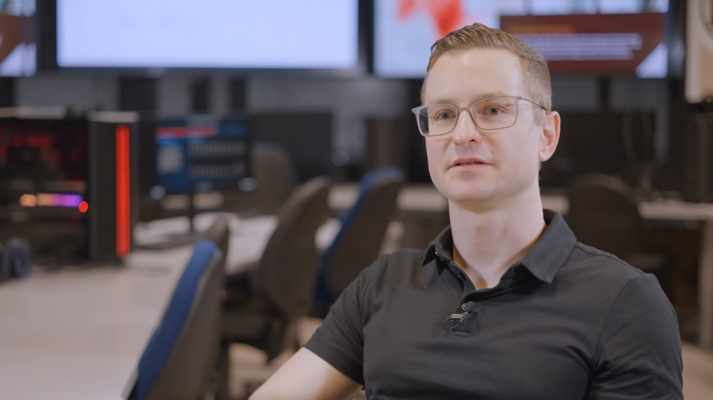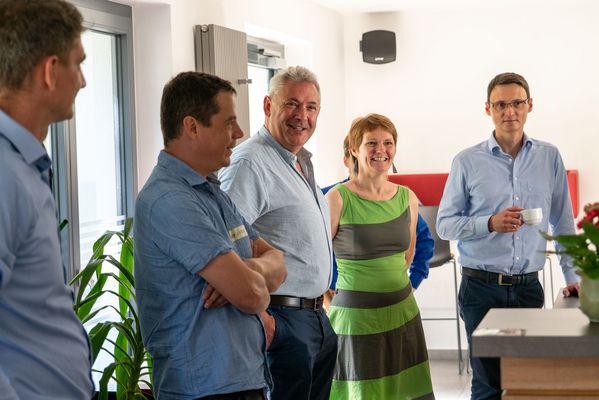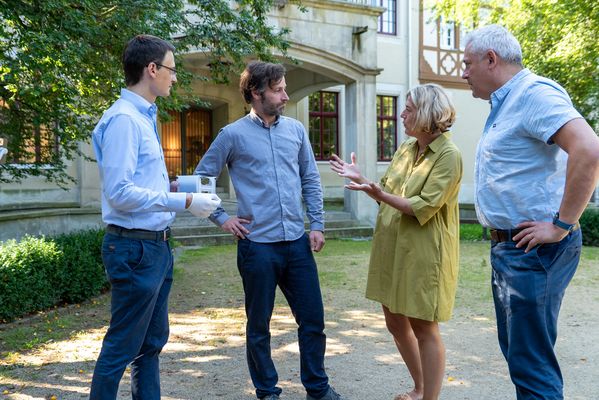
Master’s student Andreas Hofmann wins with project for preventing animal-vehicle crashes
Students and instructors at Harz University of Applied Sciences submitted four projects to this year’s Global Intel AI Impact Festival, organised digitally every year by tech company Intel. This year’s theme was artificial intelligence (AI). Andreas Hofmann’s idea won 1st place for Germany. The Master’s student in Data Science is working on preventing accidents through the early detection of animals crossing traffic thoroughfares.

“The program evaluates data on animal crossings and warns motorists of an increased accident risk. In the future, these data could be used for further applications, like protecting endangered species,” says Hofmann. The project paper was supervised by Programme Coordinator Dr Fabian Transchel.
The other submissions include “Motor telematics maneuver recognition” by Jonathan Schuster. Schuster, a Data Science student, is focusing on analyses of motorist data and driving behaviour.
Dr Fabian Transchel also supervised the submission “Open Lab – innovative practices for AI Skilling”. In the Open Lab, students get to experiment with artificial intelligence, 3D printing, virtual reality and automation applications.
Bachelor’s student Dominik Strutz submitted his project “NeuroCue – material tracking in depth images”. The aspiring information scientist is working with billiards and virtual reality (VR), and the project was supervised by Programme Coordinator Dr Simon Adler.
The partnership with Intel reached a new high point through participation in the competition. “We’re happy to regularly host representatives from Intel on our campus, the most recent time being for the meeting with new hires at which freshly hired professors from all universities of applied sciences in Saxony-Anhalt got to come together. The lively discussions with instructors and students underlines how close our partnership is,” says President Dr Folker Roland. “The integration of high-precision microchip production into the teaching materials is one of our core topics. A cleanroom environment, personnel airlock, and the requisite lab technology have already been implemented thanks to a donation from Intel.” This also comes to bear in the engineering study programmes Smart Automation, Business Administration and Engineering, and Technology and Innovation Management. “For us, it’s also about the fundamental appeal of the area and the networking and securing of professionals in the region,” says the university president.


Intel is planning a semiconductor mega-factory in Magdeburg. Construction of this plant is expected to create about 7000 jobs in the building sector, 3000 permanent positions with Intel in the high tech sector, and tens of thousands of additional jobs with suppliers and partners.
22.11.2023
Author: Franziska Eggert and Janet Anders
Image rights: © Hochschule Harz
